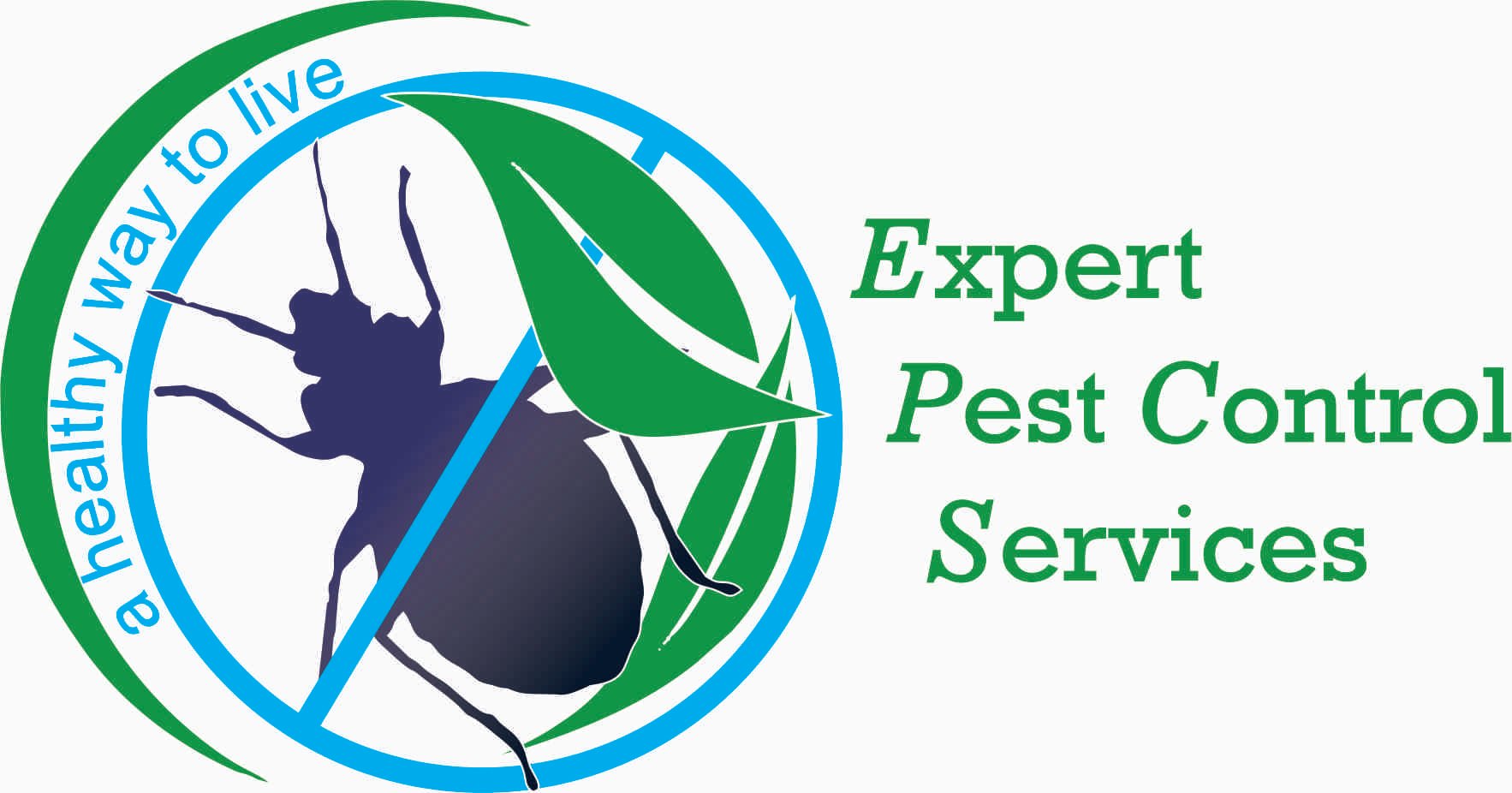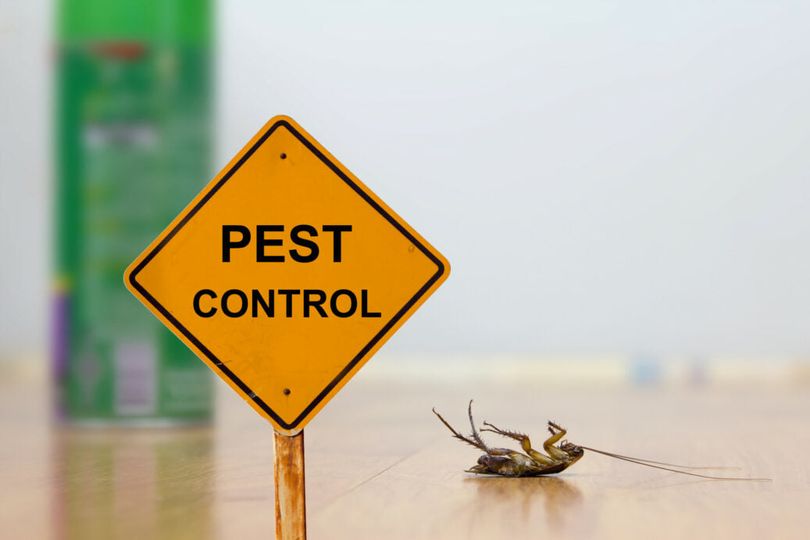The Evolution Away from Extermination
In the past, the sole objective was the complete extermination of pests. People held deep-seated contempt for these creatures and resorted to the use of harsh, often hazardous chemicals in their pursuit of eradication. Unfortunately, these chemicals posed severe risks not only to household pests but also to people, pets, and the environment.
Today, pest control professionals emphasize environmental protection by employing eco-friendly materials to combat pests.
Same Goal, Different Methods
The problem with the extermination approach was its limited success. Exterminators would eliminate as many pests as possible but rarely delved into the root causes of infestations. Consequently, problem pests frequently resurfaced, leading to the shift from pest extermination to pest control. The ultimate goal remains the same – a pest-free environment – but pest control focuses on ongoing management rather than mere eradication.
Modern pest management experts seek enduring solutions, opting for comprehensive approaches instead of merely spraying chemicals to eliminate visible pests.
Integrated Pest Management Program
Effective, long-term pest control necessitates a structured pest management program. Each type of pest presents unique challenges, and there's no one-size-fits-all solution for their eradication.
Pests demonstrate remarkable adaptability, surviving in various environments. Consequently, achieving control often demands multiple treatments employing diverse methods.
Schedule a site visit with one of our Certified Pest Control Managers to determine the ideal Pest Management Program for your home or business.
Pesticides and Pest Controllers
Pesticides and other potentially harmful chemicals are subject to stringent regulations. Only registered Pest Control Operators are licensed to apply these treatments.
Becoming a registered Pest Control Operator involves a comprehensive education on pest lifecycles, habits, the hazards of infestations, and optimal approaches for managing environmental factors related to pest control.
In compliance with the Law for the Regulation of Pesticides and Pest Control:
All pest control accessible to the public or staff must be performed by a registered pest control operator.
Food facilities, shops, restaurants, kitchens, or any establishments involved in food or drink preparation must undergo monthly pest control by a registered operator.
All pesticides are categorized as hazardous chemicals and must be applied exclusively by registered pest control operators.
Food facilities, restaurants, and kitchens must have monthly pest control, while other facilities should undergo pest control every three months.


